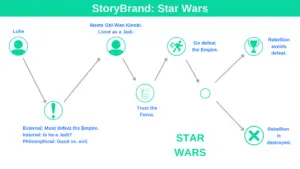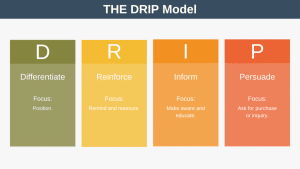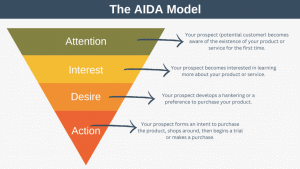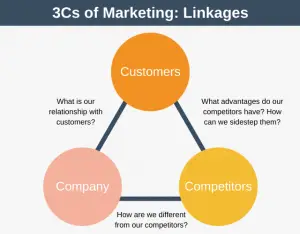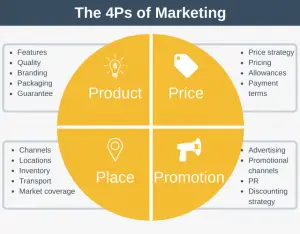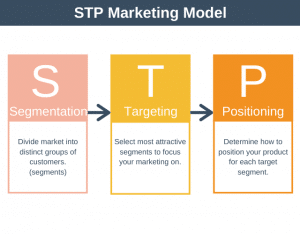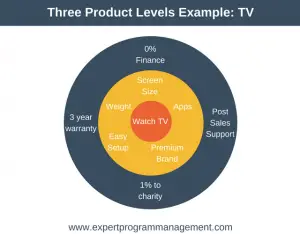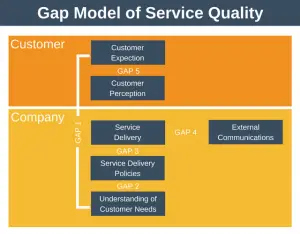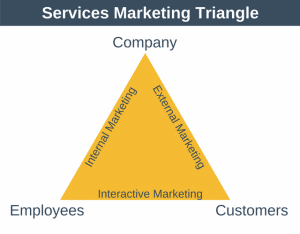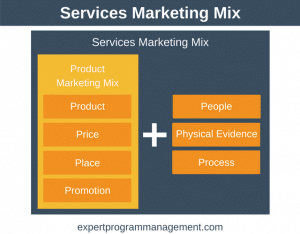A value proposition can be defined simply as the benefit a customer receives if they buy your product. The definition applies equally well to both B2B and B2C products and services.
Once defined, the value proposition is normally an internal document and is not shown to customers. Instead the value proposition is used as a template to ensure any messages communicated about the value of products are consistent, both internally and externally (by the marketing department). Thus, defining the value proposition of your products or services is important for two reasons. Firstly, it helps ensure the right value is communicated to your customers in a consistent way. Secondly, it ensures that everyone involved within the organization on the product understands exactly what value it brings. Knowing this, helps employees make better decisions during their everyday work, be they customer care, the project manager, or even the CEO.
There are four root types of value proposition from which all specific value propositions stem:
1. Our product is unique
This proposition is used when you want to differentiate yourself from competitors by making a product that stands out from the crowd. For example, Apple’s Air Book is the thinnest and most beautifully machined laptop available in the market today. This enables Apple to charge a premium price, keeping margins high, whilst still maintaining sales.
2. We have the lowest prices
Use this proposition when you want to stand out from the crowd as the cheapest supplier. For example, Ryanair is synonymous with cheap flights in Europe. Often you will read in the outraged press how Ryanair is stooping to new levels of cheapness. One example was an article reporting that Ryanair was considering applying for a license to allow people to stand for the duration of the flight, so they can squeeze more people on the flight. This article may or may not be genuine, but it certainly achieves two goals, firstly keeping advertising costs down, and secondly sending a clear message to all readers of the article – that Ryanair will do everything it possibly can to keep prices down!
3. We make things easier for you
This proposition is used when you aim to differentiate yourself because you make life easier for your consumer. From a consumer perspective this is the proposition used by Google. They provide the easiest way to find the information you are looking for, in the vast ocean of information that is the Internet.
4. We take ownership of a problem
This proposition is used when you offer to take complete ownership of something which the customer must do but doesn’t care too deeply about. If you were an organization providing payroll services to other organizations then this would be your proposition. You’d take away the pain of organizing and running the payroll systems and completely own and solve the problem for your customer.
Because the competitive landscape is continuously changing, it is a good idea to review your value proposition at regular intervals (every 6 months to 1 year) to ensure that your products are still needed and differentiated in the marketplace.
Value Propositions in Project Management
If you are working as a project manager or program manager within a commercial organization then you should understand the value proposition of any products or services you’re building before the project execution starts in earnest. The reason you you need to understand the value proposition is simple – without understanding the key differentiating value you’re being tasked to deliver how can you make trade-offs day-to-day, or even understand what importance to place on particular risks? Understanding the value proposition will ultimately help you to deliver better products and services.
